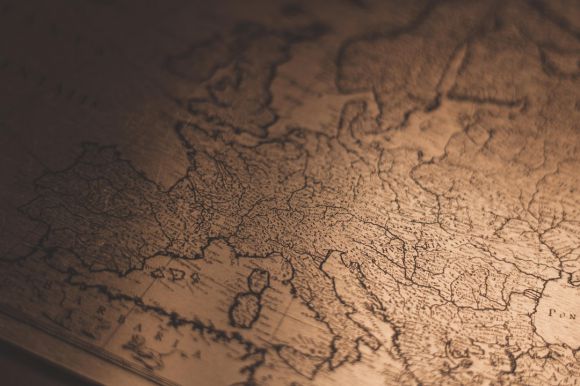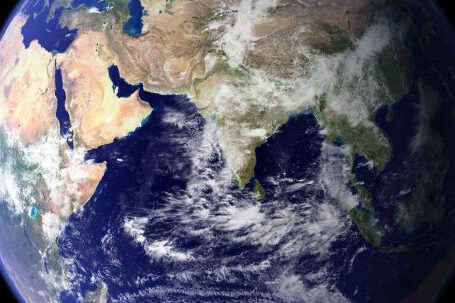The Age of Exploration, spanning from the 15th to the 17th century, was a period of unprecedented exploration and expansion by European powers. It was a time when new lands were discovered, trade routes were established, and cultures collided. While many outcomes of this era were expected, there were also several surprising developments that had a lasting impact on the world. In this article, we will explore some of the most unexpected results of the Age of Exploration.
New World Discoveries: A Whole New Hemisphere
One of the most astonishing outcomes of the Age of Exploration was the discovery of the New World. Christopher Columbus’s voyage in 1492 opened up a whole new hemisphere to European exploration and colonization. The existence of the Americas was completely unknown to Europeans at the time, and their discovery forever changed the course of history. The clash of European and indigenous cultures led to profound changes in both continents, with far-reaching consequences that are still felt today.
The Columbian Exchange: A Global Ecological Revolution
With the discovery of the New World came the exchange of plants, animals, and diseases between the Old and New Worlds. This phenomenon, known as the Columbian Exchange, had a profound impact on the world’s ecosystems. European crops such as wheat, rice, and sugarcane were introduced to the Americas, while American crops like potatoes, tomatoes, and corn transformed European diets. The exchange of diseases, however, had devastating effects on indigenous populations, leading to a drastic decline in their numbers. The Columbian Exchange forever altered the global balance of power and transformed the ecological landscape.
Global Trade: The Rise of Mercantilism
The Age of Exploration also led to the establishment of vast global trade networks. European powers sought to control valuable resources and establish lucrative trade routes to the East. This marked the rise of mercantilism, an economic system in which colonies existed to serve the mother country’s economic interests. The competition for wealth and resources fueled conflicts and rivalries between European nations, ultimately leading to the colonization of much of the world. The impact of this global trade can still be seen today, as many former colonies continue to grapple with the legacies of exploitation and inequality.
Scientific and Technological Advancements: Navigating the Unknown
The Age of Exploration spurred significant advancements in navigation and technology. Explorers like Vasco da Gama and Ferdinand Magellan pushed the boundaries of what was known and developed new techniques for long-distance sea travel. The development of more accurate maps, navigational tools, and shipbuilding techniques revolutionized maritime exploration. These innovations not only facilitated further exploration but also laid the groundwork for future scientific discoveries and technological advancements. The Age of Exploration was a catalyst for the Age of Enlightenment, a period of intellectual and scientific progress that would shape the modern world.
Cultural Exchange: A Mosaic of Traditions
Perhaps one of the most surprising outcomes of the Age of Exploration was the rich cultural exchange that took place. As Europeans encountered new peoples and civilizations, they brought back with them a wealth of knowledge, artifacts, and ideas. This cross-pollination of cultures led to the emergence of new artistic styles, musical traditions, and culinary delights. It also sparked a curiosity about the world and a desire to learn from different cultures. The Age of Exploration laid the foundation for a more interconnected world, where ideas and influences could flow freely across borders.
In conclusion, the Age of Exploration brought about many expected outcomes, such as the discovery of new lands and the establishment of global trade networks. However, there were also several surprising developments, such as the ecological revolution of the Columbian Exchange, the rise of mercantilism, the advancements in navigation and technology, and the cultural exchange that transformed societies. These unexpected outcomes had a lasting impact on the world, shaping the course of history and laying the groundwork for the modern era. The Age of Exploration was a time of discovery, transformation, and above all, the unearthing of the unexpected.





